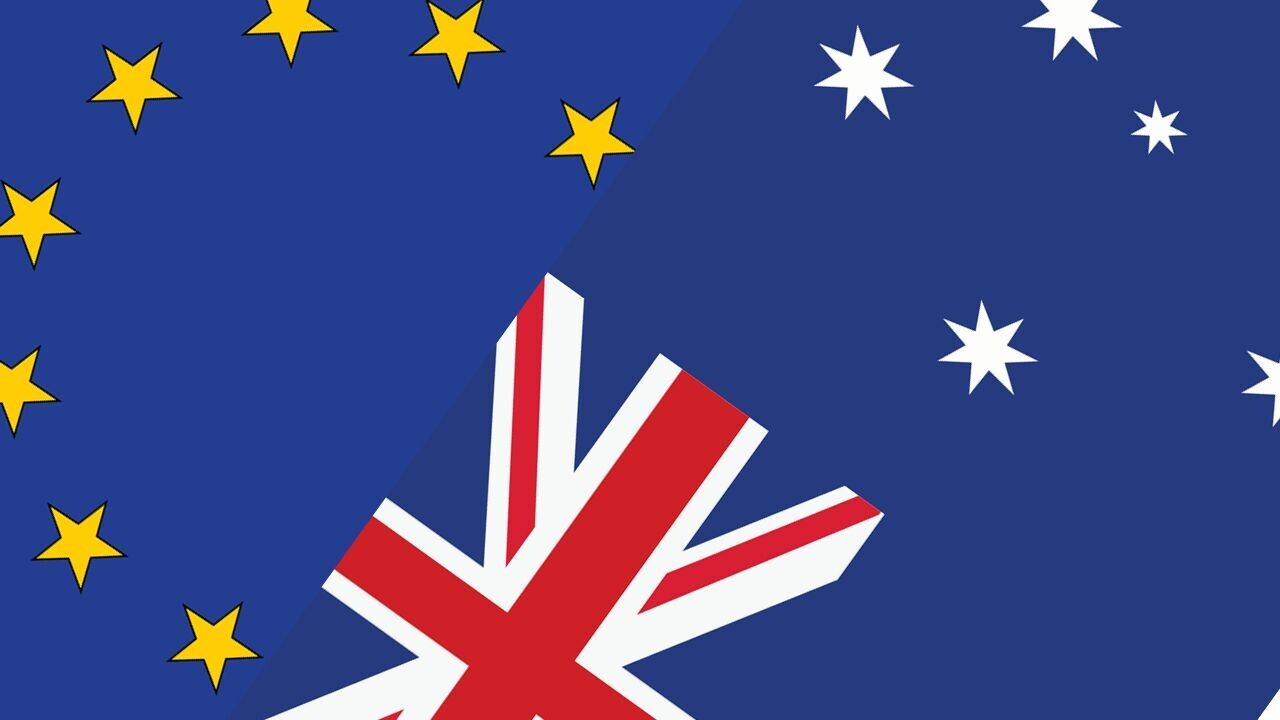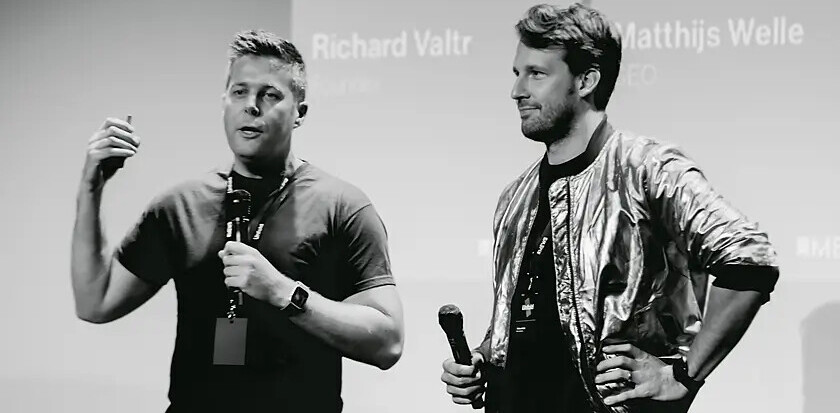
As the West strives to reduce its reliance on China, the EU and Australia have struck a deal to co-build a supply chain of critical minerals, which are an essential to both the green and digital transitions.
The Memorandum of Understanding between the two will seek to diversify the EU’s supply and boost the domestic sector of Australia.
“In a world powered by technology, those who lead are those who control the most critical technologies, and their supply chains,” EU competition chief Margrethe Vestager said in April.
“Chips, batteries, electric cars: our competitiveness will necessarily depend on our capacity to produce and deploy them.”
The agreement comes amid growing concerns about China’s digital power.
From solar panel production to EV sales, the country has taken a global lead in numerous advanced technologies. It’s also the bloc’s main source for raw materials used in a wide range of clean tech applications, from solar panels and wind turbines to EVs.
Specifically, the bloc imports 98% of its rare earths supply, 93% of its magnesium, and 97% of its lithium needs from China.
Against this backdrop, the partnership with Australia is a highly strategic one.
“Australia has some of the largest deposits of critical minerals on earth,” Don Farrell, Australia’s Trade and Tourism Minister, said in a statement.
The country accounts for 52% of global lithium production. It also produces a long list of minerals necessary for the green transition, including manganese, nickel, copper, and cobalt, and rare earths.
Cobalt and rare earths are equally important for the production of chips, which have emerged as the most in-demand commodity, underpinning all the technologies that keep our economies and world moving.
Australia also holds significant potential for the extraction of gallium and germanium, two key metals for the manufacturing of semiconductors. China produces 80% of the world’s gallium and 60% of germanium.
Amid increasing geopolitical tensions and the West’s efforts to restrict Chinese access to advanced chip-making equipment, Beijing last year imposed export controls for both metals.
Alongside initiatives that aim to boost both chip and clean tech production, partnerships are key to the EU’s plan for technological sovereignty.
The pact with Australia seeks to facilitate joint projects and research as well as investments and bilateral trade. It will cover the entire value chain of critical minerals, from extraction and processing to refining and recycling.
Get the TNW newsletter
Get the most important tech news in your inbox each week.





